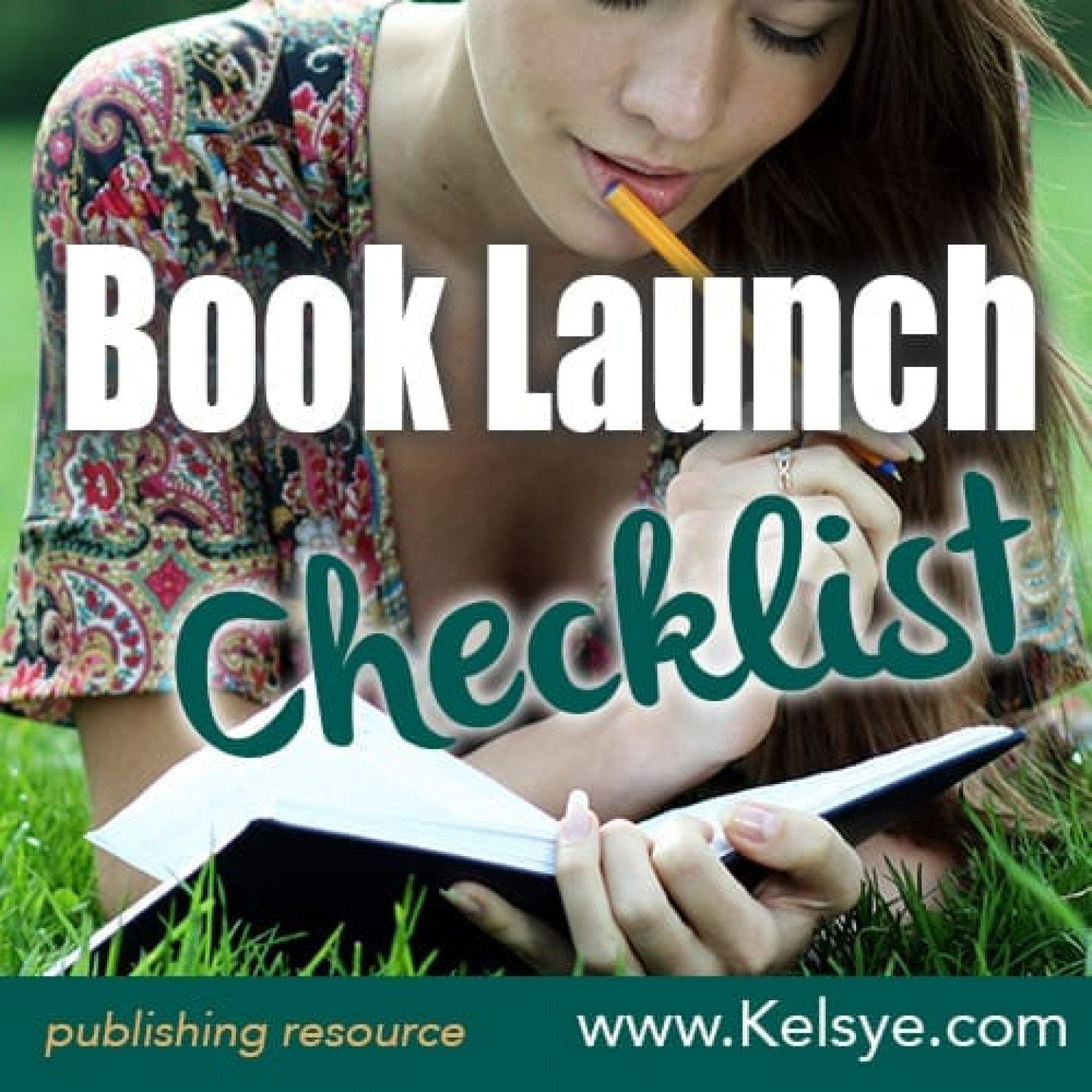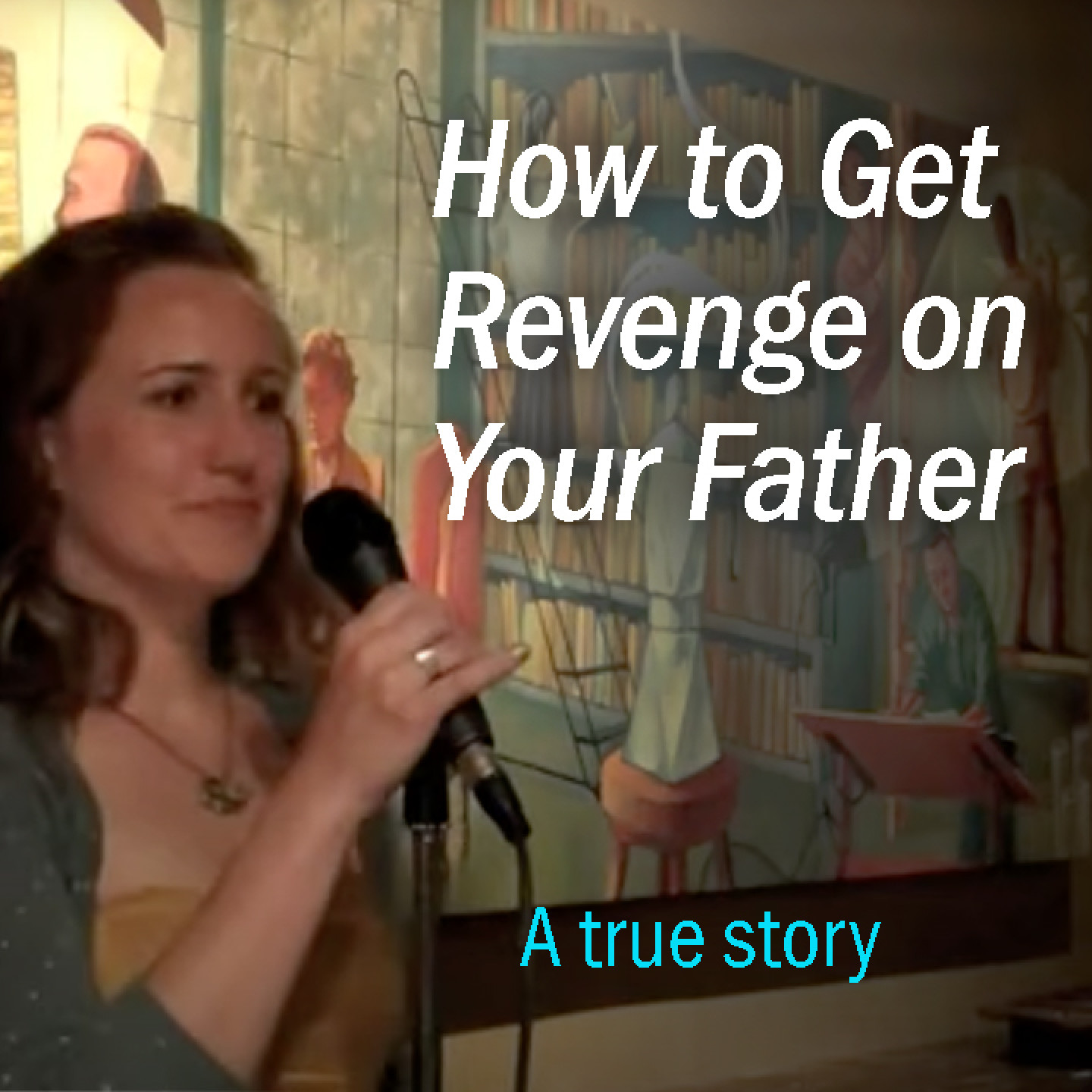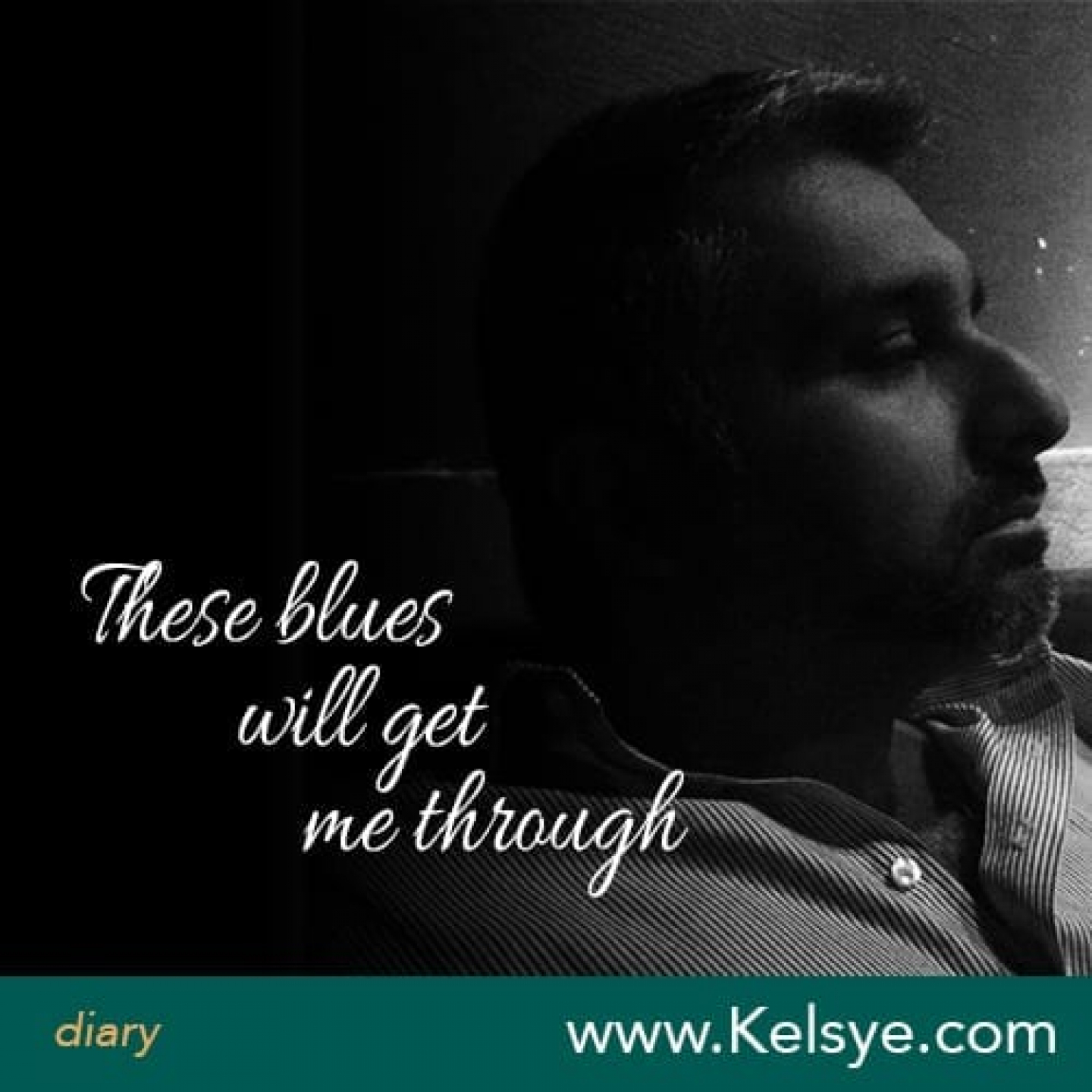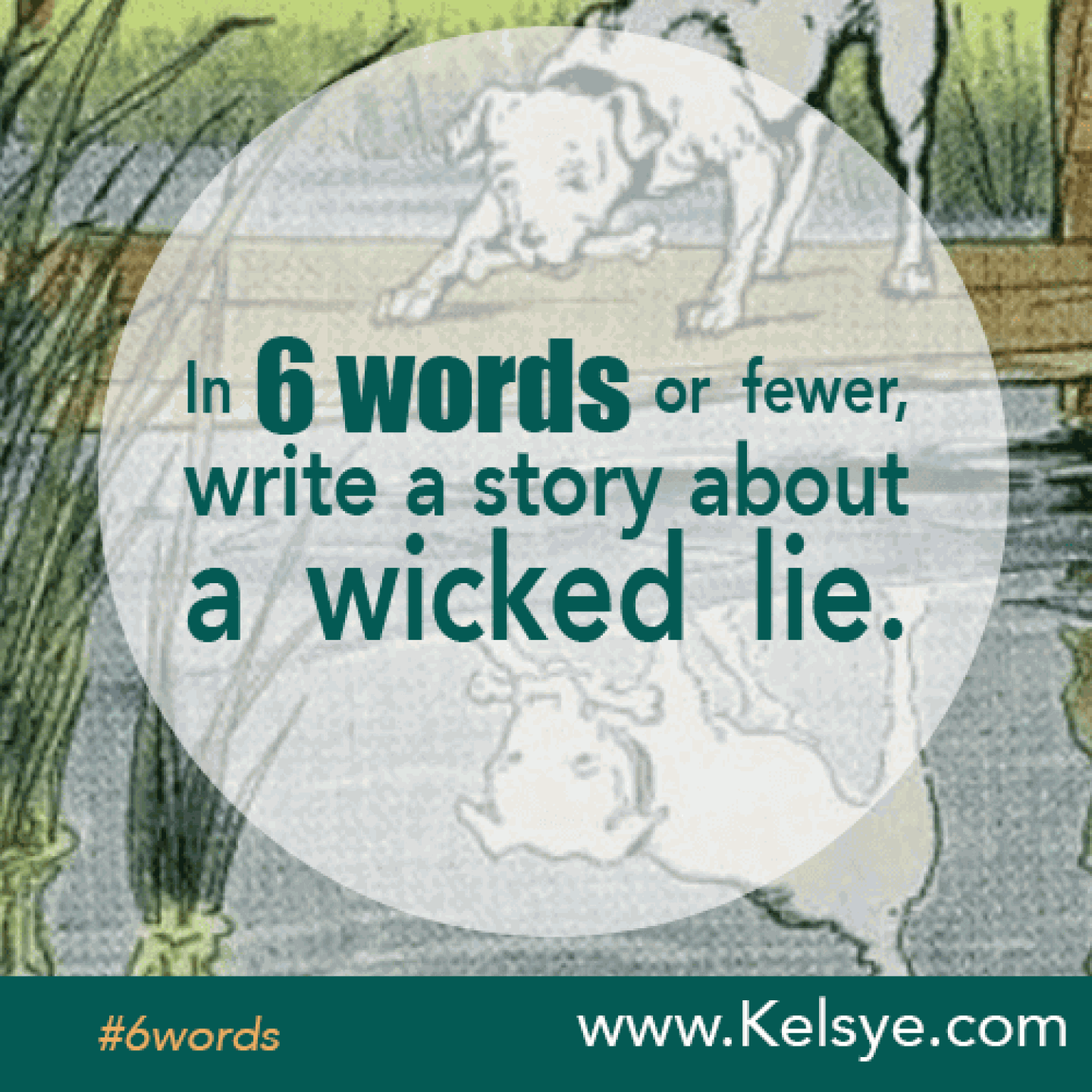
First, begin with doubt. Doubt your talent, your brain, your skills, your spelling. Doubt the quality of your ideas and the worth of your stories. Doubt that you even like writing. Doubt your sincerity, doubt your ability.
Once you have a thick, sticky baseline of doubt spread wide over your mind, you are ready to begin failing at being a writer.
Next, sit at your computer and check your social media sites. Click through to Jezebel and Daily Beast. Sign an online petition about health care access for sick kids. Feel a little outrage. Think, I should write about this.
Open your preferred writing software. Sigh deeply. Go refill your coffee cup. Return to your desk. Recheck all your social media sites for new posts and interactions.
Open a file of old writing. Even through you have edited this piece at least ten times, edit it again. Tell yourself editing is writing. Sigh deeply.
Check your social media sites for new posts and interactions. Spend a minimum of thirty minutes reading celebrity gossip. Shudder with self-disgust.
Go pet the dog. Take a walk around the block to clear your mind. Notice how it's almost noon already and panic that you are wasting your chance to get writing done. Doubt that you even like writing. Doubt your sincerity, doubt your ability.
Sit in front of the computer. Decide to blog instead of working on your novel. Scan through your post ideas and reject all those you deem frivolous, likely not to appeal to a wide audience, too personal, too impersonal, too overdone, too hard to match with a catchy title. Draft a list of the top ten websites where authors can post pictures of their cats. Sigh deeply. Go refill your coffee cup.
Sit in front of the computer. Tell yourself, butt in chair. Read inspirational quotes about how writing is really all hard work. Nod in agreement. Recheck all your social media sites for new posts and interactions.
Jump when the phone rings. Realize you were so absorbed in that online article about trends in book cover designs from the seventies that you missed your daughter's pick-up time. Run out of the house, late, no real work accomplished.
Congratulations! If you made it this far, you have succeeded at failing to be a writer.
However, take this warning, this failure is not permanent. Tomorrow you wake up again. You must not give into temptation or inspiration to open that file with your novel. Failure requires commitment. You can not become complacent. Stay vigilant. Once again, you'll wake up tomorrow with every chance of success.





 What do Chuck Palahniuk, Ursula Le Guin and Louisa May Alcott have in common? They all belong (or belonged) to writing groups.
What do Chuck Palahniuk, Ursula Le Guin and Louisa May Alcott have in common? They all belong (or belonged) to writing groups.
 You may read thousands of books in your lifetime, but there will always be those few special ones that impact your mortal trajectory in major ways. Books inspire us, show us glimpses of the kind of lives we want to live, of the kind of people we want to be. For those of us who discover the nature of our souls vary greatly from the people that surround us in real life, books can show us understanding, give us a familiar home.
You may read thousands of books in your lifetime, but there will always be those few special ones that impact your mortal trajectory in major ways. Books inspire us, show us glimpses of the kind of lives we want to live, of the kind of people we want to be. For those of us who discover the nature of our souls vary greatly from the people that surround us in real life, books can show us understanding, give us a familiar home.







 I blame my stepfather for my running habit. He got me started early, perfectly timed to a life stage change so I forever associate running with growth and transition.
I blame my stepfather for my running habit. He got me started early, perfectly timed to a life stage change so I forever associate running with growth and transition. Every heartache or breakup may be connected to an intense period of running. Every move finds me learning my new surroundings on pounding feet. When I start a company, I run more for clarity. When I end a company, I run more for clarity. You'll survive this. You have strength you don't even know about. Recently divorced? Get running. Run until you're so tired your brain can only focus on breathing, on stable contact with the ground. Recently married? Celebrate by running, transforming soft into firm and worn into new.
Every heartache or breakup may be connected to an intense period of running. Every move finds me learning my new surroundings on pounding feet. When I start a company, I run more for clarity. When I end a company, I run more for clarity. You'll survive this. You have strength you don't even know about. Recently divorced? Get running. Run until you're so tired your brain can only focus on breathing, on stable contact with the ground. Recently married? Celebrate by running, transforming soft into firm and worn into new. I do things to trick myself into running, like getting on my running clothes but telling myself it's only because they're comfortable and I'm working from home today. I lace up my running shoes and go outside, but only to walk to the coffee shop. Oh, we made it to the sidewalk in all our running gear. Hey, how about trying out a couple strides. Oh look, running is happening!
I do things to trick myself into running, like getting on my running clothes but telling myself it's only because they're comfortable and I'm working from home today. I lace up my running shoes and go outside, but only to walk to the coffee shop. Oh, we made it to the sidewalk in all our running gear. Hey, how about trying out a couple strides. Oh look, running is happening!





